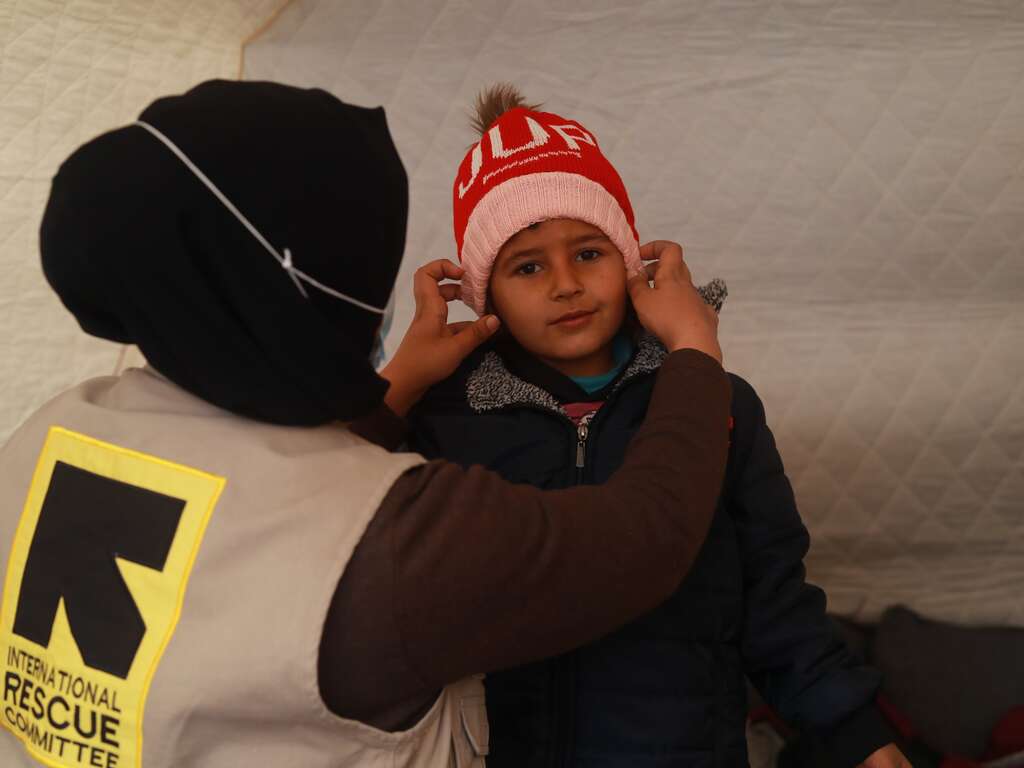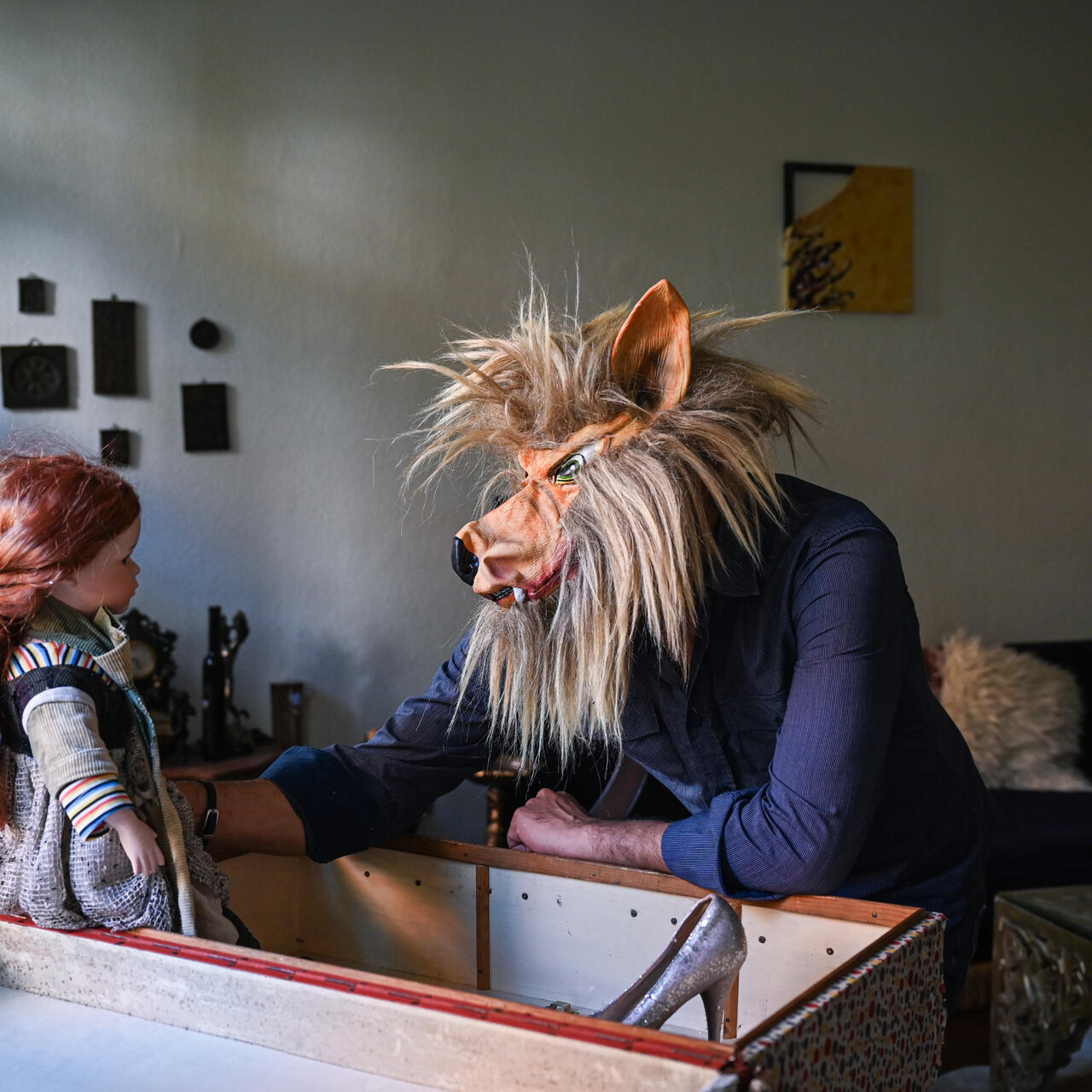
Theatre director and Syrian refugee Bashar* always dreamed of having creative control over his art and being able to express himself freely. Now, he puts on his own productions.
"Culture has no country, no language,” he says. Bashar fled to Germany from Aleppo, Syria, in 2015 and now lives in the southern city of Nuremberg. He worked in the creative scene in Aleppo, but never felt like he could truly express himself and create the art he wanted to.
“I wanted freedom”, he says. “Art is a way to express yourself, to share your story.”
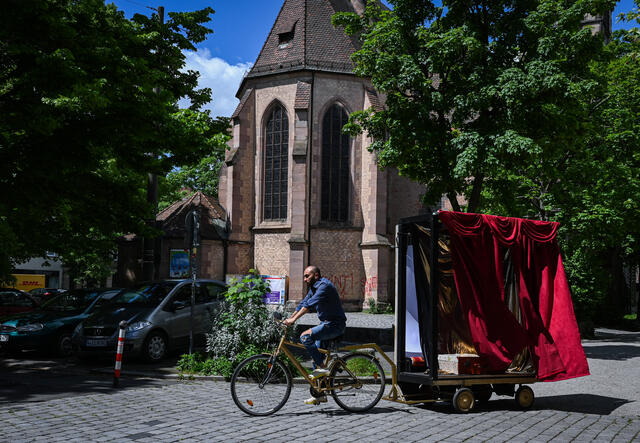
Fairytales from everywhere
Bashar started his career in Germany by interning with two theatre companies, but he didn’t see himself or his culture in their work. Even familiar fairy tales did not use the same character names that he knew from Syria. “I had learned the name of Snow White in German (Schneewittchen) but Germans didn’t know what we call her in Syria.”
“Integration is a two-way street,” Bashar says. So he decided to use his skills to start his own creative business and help bring different cultures to life—and bring them together.
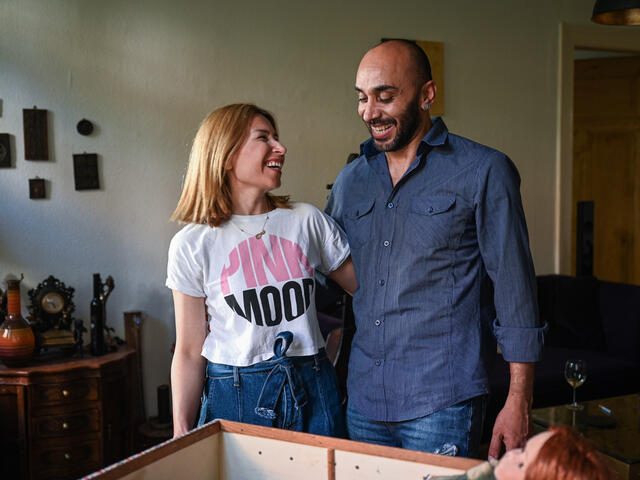
A stage that moves
Bashar had an idea to build a mobile theatre that could travel around Nuremberg, with performances that focus on fairy tales and common childhood stories with influences both Germany and Syria. At first, he says, it was difficult to explain what he imagined his stage to look like, but he built a mini mobile theatre to show others his vision. He then worked with a craftsman to make his dream stage a reality.
Bashar also had support in setting up his creative company through the International Rescue Committee’s business training programme, funded by the Citi Foundation. The three-month programme guided him through the process of creating his own business plan and gave him the tools to be successful as an entrepreneur in Germany. In cooperation with experienced entrepreneurs, Bashar also benefited from mentoring and was able to build a network of actors and artists in Nuremberg.
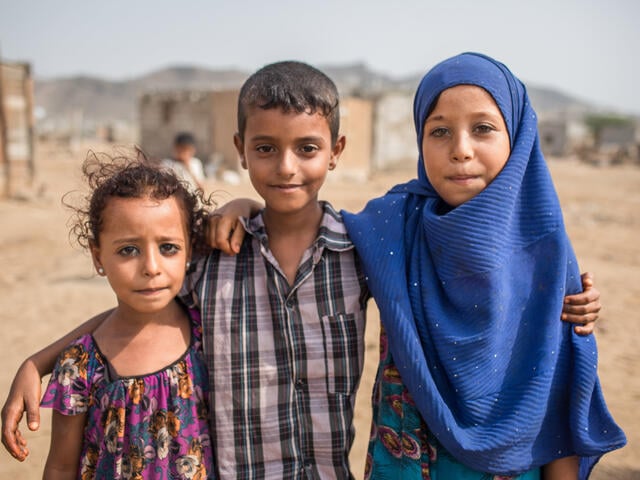
Today, the mobile theatre comes to life with music and actors that use puppets and other props to engage the audience in his interactive plays.
Now, Bashar can be seen cycling through Nuremberg with his theatre in tow, working together with different creative companies and showcasing his productions in schools and other community spaces.
The work has not come without its challenges. In particular, Bashar found that freelancing could be difficult without German citizenship. Still, he is proud of what he has achieved:
"My refugee status is not a problem in my life – I have friends and a good social network – just in my profession. I don’t want opportunities because I’m a refugee. I want them because of my skills and my talent.”
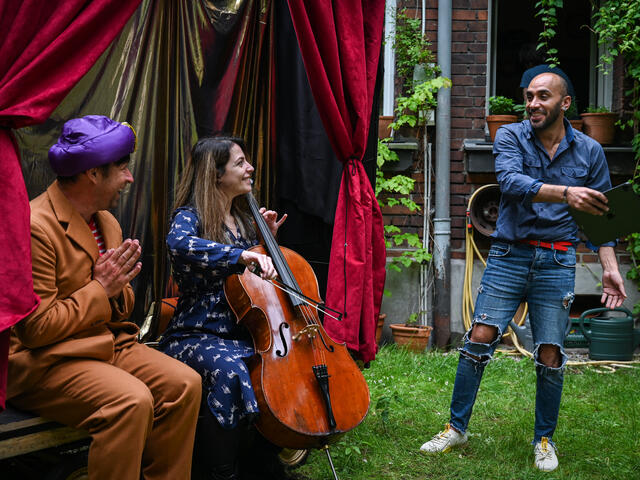
Bashar’s aim is to share tales from around the globe and draw attention to discrimination and other social issues. “My job as an artist is to shine a light on different events in society,” he says. He hopes that the people who come to see his plays will become aware of the problems he points to and create solutions for them together.
This is why he loves theatre and how it touches the lives of people in his community. “Theatre is important for me because I have direct contact with the audience - and I can see joy or sadness in people’s eyes.”
Find out more
The IRC’s Resilient Futures programme, in partnership with Citi through the Citi Foundation, offers young entrepreneurs living in Germany, Greece, Cameroon, Nigeria, Lebanon, Jordan and Mexico the chance to kick-start their businesses and reach their full potential. The programme is implemented in Germany by AAU.
